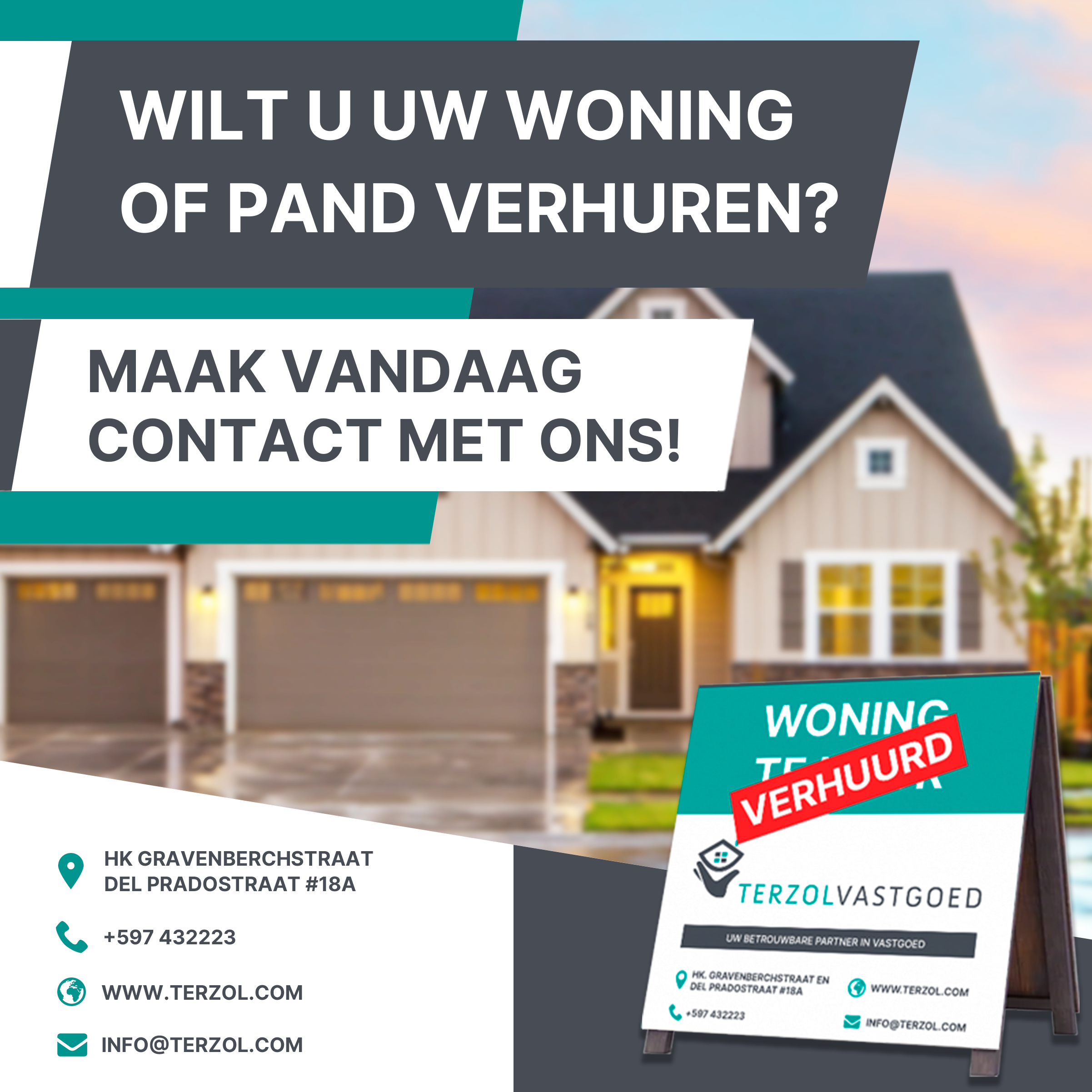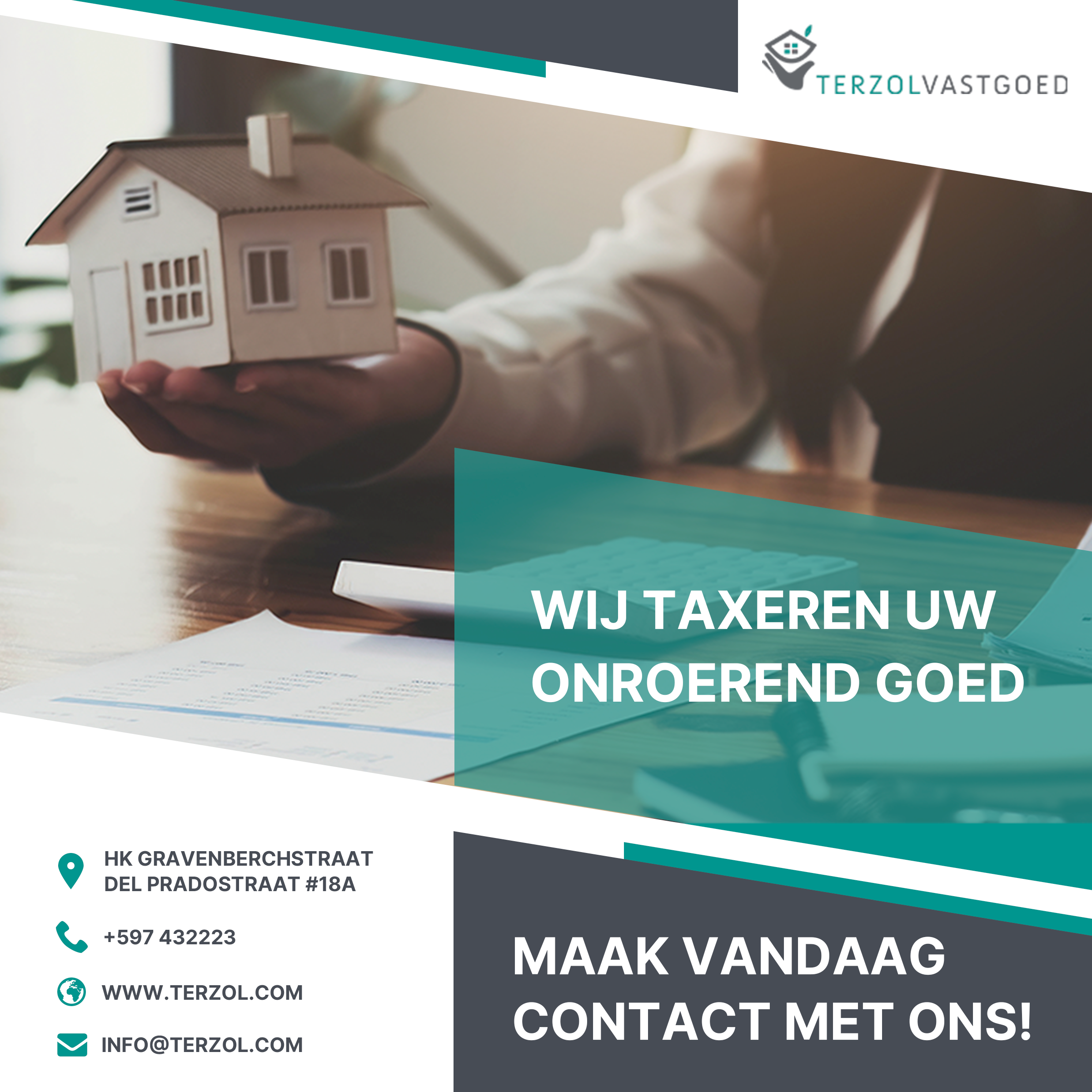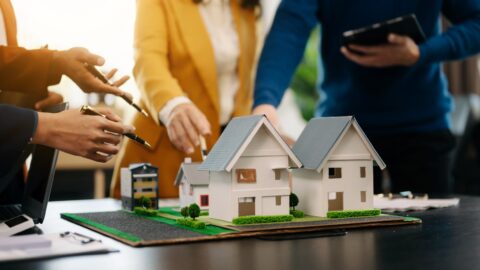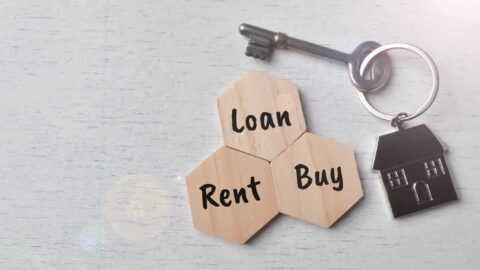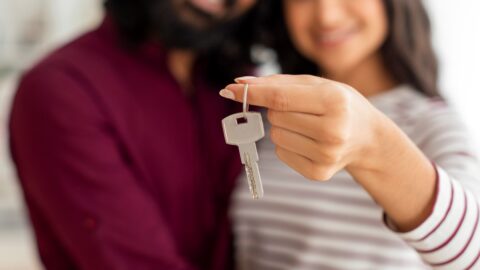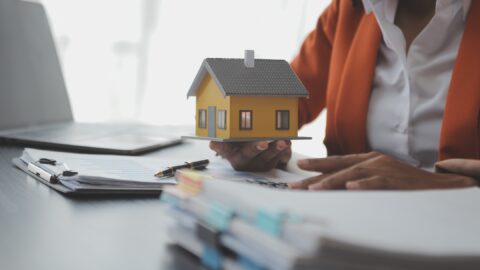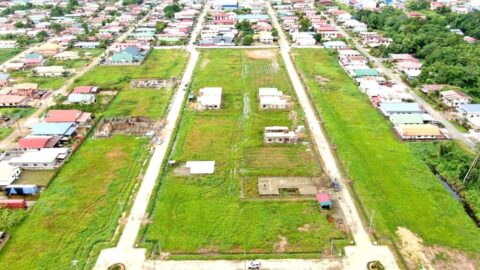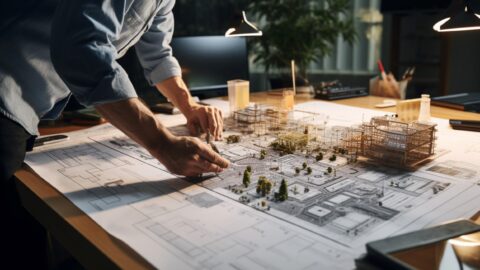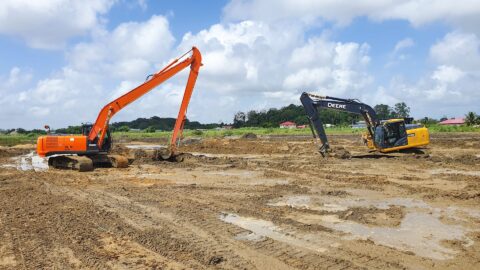Apartment Law Part 2: Necessary in Suriname!
As of 2017, Terzol Vastgoed NV offers integral services in the areas of purchase and sales brokerage, leasing and rental, appraisals, property management, subdivision, project development and consultancy to national and international corporate and private clients in Suriname.
Terzol Vastgoed N.V. aims with the series of articles under the name ‘Grondzaken Nader Belicht’ to create or increase the awareness of all stakeholders – including brokers, developers, investors, landowners, buyers and government – about the various possibilities and legal certainties regarding land matters in Suriname.
Joël Terzol, Senior Partner and CEO Terzol Vastgoed NV, once started as a financial professional in the Netherlands and has developed himself as an ambitious and successful entrepreneur within the real estate market in Suriname.
Although buying and selling real estate runs in his blood, he has developed a passion for advising on all kinds of issues related to ground lease, ground rent and estate matters within the real estate market.
In addition, Terzol anticipates the major developments in the Gold, Oil & Gas Industries in Suriname by developing projects in innovative ways to meet the modern needs of expatriates.
Terzol will cover the following topics in the series of articles, namely:
- Domain land
- Ground conversion
- Land tax
- Apartment Law
- Estate matters
- Land Policy
Apartment Law In 2014, nine families were rendered homeless by a fierce fire.
It involved an apartment complex in which all the homes were connected to the electricity network of one home resulting in a short circuit.
The question that arose among the public in this regard is whether there is any legislation for setting up apartments and what rules must be met.
However, it turned out that there is no legislation for apartments in Suriname [1].
Government leaders have publicly mentioned the need for the Apartment Law several times.
At the opening of the Construction and Housing Fair in August 2017, it was stated by a politician that the Apartment Law Act is necessary to solve the housing shortage faster[2].
Defining Apartment Rights The draft New Civil Code (NBW) presented to Parliament for consideration several years back includes, among other things, Apartment Rights, fractional apartment rights as well as the rights of an apartment owner.
The draft NBW states that an owner is authorized to divide his right to a building with the land attached to it into several Apartment Rights and Partial Apartment Rights.
The division into Apartment Rights is done by an appropriate notarial deed, followed by registration of that deed in the public registers (GLIS).
The basis of the concept of Apartment Rights is thus found in co-ownership.
All apartment owners are joint (co-)owners of the whole and together form the Owners’ Association (VvE).
The VvE manages and maintains the common parts such as the stairwell, parking area, playground, sports hall etc but also fire insurance, painting, lighting, security etc.
The VvE keeps a reserve fund to provide for regular maintenance of the common parts, among other things. [3]Needs target groups The Apartment Right meets needs of different target groups.
We still have many occupants, students living at home, 60-somethings who want to live smaller and more efficiently, expats who want to buy or rent luxurious penthouses, our diaspora who want to invest here, and entrepreneurs who would like to invest in building residential towers with the intention of being able to sell those apartments. Occupants We still have a lot of occupants in our country.
With the Apartment Law, the Ministry of Social Affairs and Housing can erect apartment buildings.
A 4000m2 piece of land can house 2,000 people.
Currently, without the Apartment Right, large tracts of land as large as 5-10ha are used to build public housing.
Most of these housing projects are in Paramaribo, resulting in the disappearance of much of the city’s forest.
If we look at the large residential areas such as Flora and Zorg en Hoop, we see many poorly maintained homes.
The yard is also not maintained.
In New York in the 1960s people bought up large residential areas and built apartment towers.
The people who sold their land and house could buy an apartment.
This freed up a lot of land that was converted into walking parks, parking areas, playgrounds, sports facilities, etc.
A good example is the Oldenburg project at Ringweg Noord, where 120 houses were built on an area of 10 hectares of land on the coast of Suriname, while 4 hectares would have been sufficient if apartments had been built.
On the remaining 6 ha there could be a university, a nature park and perhaps a large lake or “pan” that could serve as water storage.
Many of the families in this project have a garden but do nothing with it.
I believe we need to redesign Paramaribo.
But let’s pull this broader.
Suriname enjoys a lot of income from gold and timber from the district of Brokopondo.
But many people move to the city because they also want a nice house with parking. Building apartments in Brokopondo gives us the opportunity to live luxuriously even in our beautiful interior.
Why?
Well…why not? Students Students, who are also a target group, often do not yet have the money to buy a house and plot due to the efforts of successfully completing their studies – whether or not in combination with a job.
In most cases, they continue to live at home even after graduation.
The Apartment Law brings the purchase of a relatively cheaper “starter apartment” within their reach.
As a result, they build up equity and can later sell their ‘starter apartment’ again to buy a more spacious apartment or home. Senior Citizens Our senior citizens are also a target group for Apartment Rights.
When the children are out of the house, the home often becomes too big (think maintenance) and they now want to live smaller.
When they sell their current home, they can buy an apartment and use the surplus value to supplement their living expenses.
They are spared the stress of rebuilding.
Further advantages of living in an apartment building are: safety, convenience, comfort and contact with other residents .
How nice it would be if we could facilitate our senior citizens, who have worked hard for years to build a foundation for our future, with these housing options so that they can relax and enjoy their lives carefree. Our diaspora Our diaspora loves to spend the winter in Suriname.
They would like to invest in a home so they can enjoy their vacation in Suriname.
They also want the opportunity to be able to buy an apartment and then have it maintained and rented out in their absence. High Segment and Expats People with an average higher income do not have the need to maintain a large piece of land due to their lifestyle, but greatly appreciate the view of a beautiful landscape surrounding their home.
Anticipating the developments around the oil and gas industry, it is expected that there will be an influx of expats, who would like to live safely in luxurious penthouses with a large terrace and from there enjoy breathtaking views of our green gold and water works and maybe even overlooking the Atlantic Ocean.
Can you imagine it? Entrepreneurship Building an apartment tower costs a lot of money.
Abroad, several investors usually come together to erect a tower building.
With the Apartment Right, they will be able to buy or sell apartments or even entire floors of a residential tower.
High-rise buildings guarantee a more efficient use of land.
Foreign entrepreneurs also have their eyes on Suriname.
The Hague-based real estate entrepreneur with Surinamese roots, Mairan Sewtahal, indicates that the demand for real estate will slowly increase in the coming period.
According to him, it is expected that many large investors will soon also find Suriname enormously attractive to invest. “One of the issues that may play an important role is the so-called ‘Apartment Right’. If there is a law that gives the power to divide the right to a piece of land into Apartment Rights, then it will not be long before the first large residential towers are built in Suriname” says Sewtahal in an article on waterkant.net [4].
Other sectors will also have new opportunities.
Building apartment towers brings development and entrepreneurship.
Consider maintenance, cleaning and security, for example. Conclusion Our land – our precious green gold – we really need to start using it efficiently.
Apartment law offers us those opportunities.
In our neighboring countries French Guiana, Brazil and Guyana, Apartment Rights are already included in their laws.
I am convinced that we now agree that the Apartment Law is an urgent necessity in the interest of country and people.
It is time for action.
The question now is, “What are we going to do for urgent realization of the Apartment Law?”
Building Suriname is not something you do alone; we do it together: Yes – we can! [1] https://www.dbsuriname.com/2014/01/15/wetgeving-noodzakelijk-voor-appartementencomplex/[2] http://www.srherald.com/suriname/2017/08/07/bouva-samenwerken-belangrijk-bij-oplossen-huisvestingsvraagstuk/[3] https://www.dbsuriname.com/2014/01/15/wetgeving-noodzakelijk-voor-appartementencomplex/[4] ‘Oil discovery pleases investors in Suriname real estate’ – Waterkant
